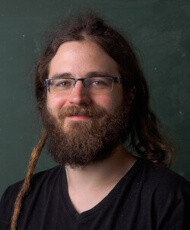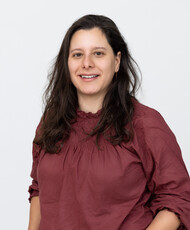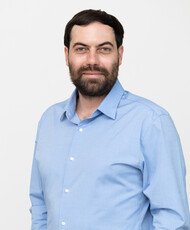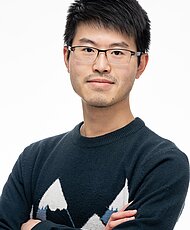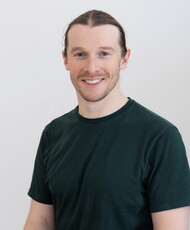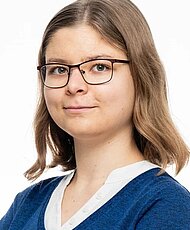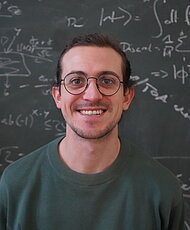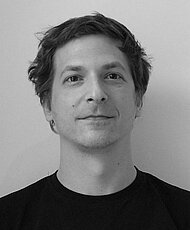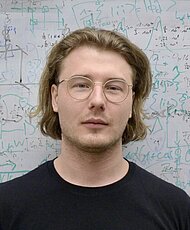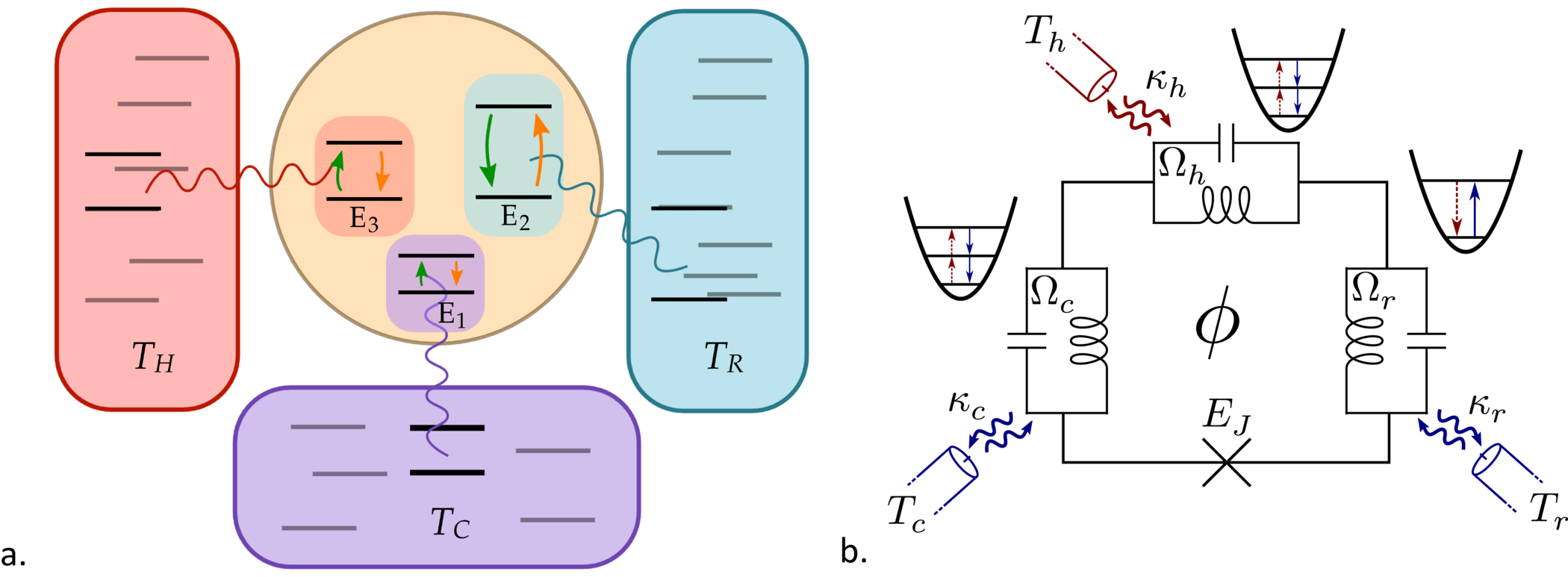
Beyond foundational insights into the universe, thermodynamics has actually emerged from the practical need to describe practical limitations in the context of the industrial revolution. The rapid pace of advancement in quantum technologies and ongoing miniaturization of devices means that we are currently seeing the emergence of the first genuine quantum machines. In this context, another paradigm of machine designs increases in importance: the concept of autonomous machines, that is machines that operate without any external control, drawing the resources they require directly from their surrounding environment.
This is increasingly important in the quantum case, due to the fact that classically controlling a quantum system is usually not only hard, but also generically comes at a large thermodynamic cost that would obliterate any practical use of the machine. We study open quantum systems coupled to thermal reservoirs to understand how autonomous quantum machines operate and can potentially exploit genuine quantum effects, such as entanglement and coherence, to outperform any classically conceivable machine for some figures of merit [1,2]. In collaboration with groups in the UK, Germany and Switzerland we are currently looking for experimental platforms for building such quantum machines and develop proposals for their implementation [3,4].
[1] N. Brunner, M. Huber, N. Linden, S. Popescu, R. Silva, P. Skrzypczyk, Entanglement enhances cooling in microscopic quantum fridges, Phys. Rev. E 89, 032115 (2014)
[2] M. T. Mitchison, M. P. Woods, J. Prior, M. Huber, Coherence-assisted single-shot cooling by quantum absorption refrigerators, New J. Phys. 17 115013 (2015)
[3] M. T. Mitchison, M. Huber, J. Prior, M. P. Woods, M. B. Plenio, Realising a quantum absorption refrigerator with an atom-cavity system, Quantum Science and Technology 1, 015001 (2016)
[4] P. P. Hofer, M. Perarnau-Llobet, J. Bohr Brask, R. Silva, M. Huber, N. Brunner, Autonomous Quantum Refrigerator in a Circuit-QED Architecture Based on a Josephson Junction, Phys. Rev. B 94, 235420 (2016)
Huber Group
Elizabeth Agudelo Ospina
- Principal Investigator in Theoretical Quantum Optics (TU Vienna)
Kai Hong Li
- PhD Student (TU Vienna)
Julia Mathe
- PhD Student (TU Vienna)
Alberto Rolandi
- Post Doc (TU Vienna)
Lukas Schalleck
- Project Assistant


